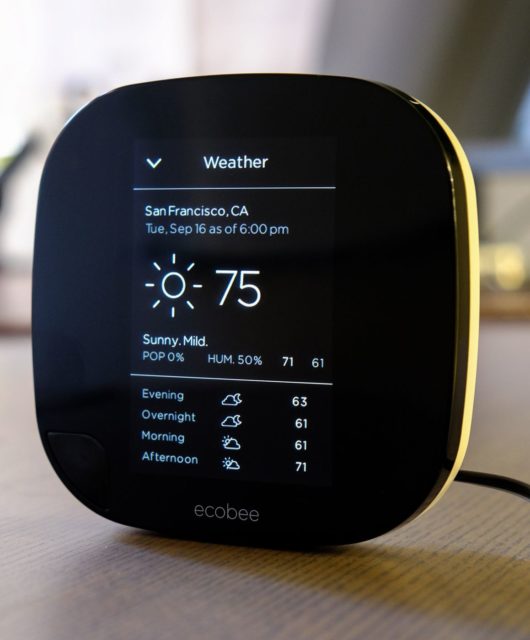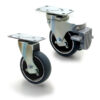How to Track Fleet Vehicles
 There are many companies around the world who run a fleet of vehicles. This has increased a great deal since the dawn of the internet, and owing to the increase in home delivery services. A company that does manage a fleet must ensure that they also have steps in place to properly manage that fleet, taking care of the vehicles which it relies on so heavily.
There are many companies around the world who run a fleet of vehicles. This has increased a great deal since the dawn of the internet, and owing to the increase in home delivery services. A company that does manage a fleet must ensure that they also have steps in place to properly manage that fleet, taking care of the vehicles which it relies on so heavily.
The key to fleet vehicle management is through the use of GPS tracking, and this is critical to the success of any company which depends on fleets of vehicles to operate. Here is exactly how GPS tracking helps to monitor the location of vehicles and what that means for the companies who manage the fleet.
How The GPS Technology Works
GPS tracking is actually something that was invented many decades ago, with the intention of being used by the military to take up tactical positions. The technology is in fact very simple, and it utilizes satellites which orbit the planet. Radio waves are sent from a device on Earth, which then is bounced between 2 satellites and then beamed back to the ground. This information delivers real time data on where the device is, and this can be tracked in real time, at any given moment.
Use In Fleet Tracking
For many years now we have seen this technology used within fleet tracking, and there is much more to this than simply tracking the location of the fleet. GPS is certainly used to monitor the location of vehicles, which increases safety and security. Beyond this however these companies are also using fleet tracking when it comes to managing their delivery routes. This GPS technology can be easily combined with real time traffic data to help companies get to their destination in the fastest and most efficient way.
Additional Benefits to GPS Tracking
There are a great number of cost saving benefits to using GPS tracking for companies too. For example, saving money on fuel usage is important for these companies, which GPS can provide thanks to faster routes. Beyond this vehicles are easier to maintain, which ensures the longevity of the vehicle, and there are also insurance cost savings here as well. Insurance companies know that vehicles with GPS tracking are less likely to be stolen and easier to recover, which is why they offer a discount on premiums.
Additionally, GPS fleet tracking is used to increase the safety of drivers, to ensure that the employer knows where they are at all times, and to improve driver behaviors. GPS software takes the data that the tracking device generates, and uses it to recognize how fast the vehicle is being driven and even how harshly the driver is braking.
As you can see, as well as being able to monitor the vehicle at all times, GPS tracking also enables the employer to maximize the safety of the drivers, and to encourage better vehicle management. This is exactly why it is so essential for businesses to use fleet management software.










